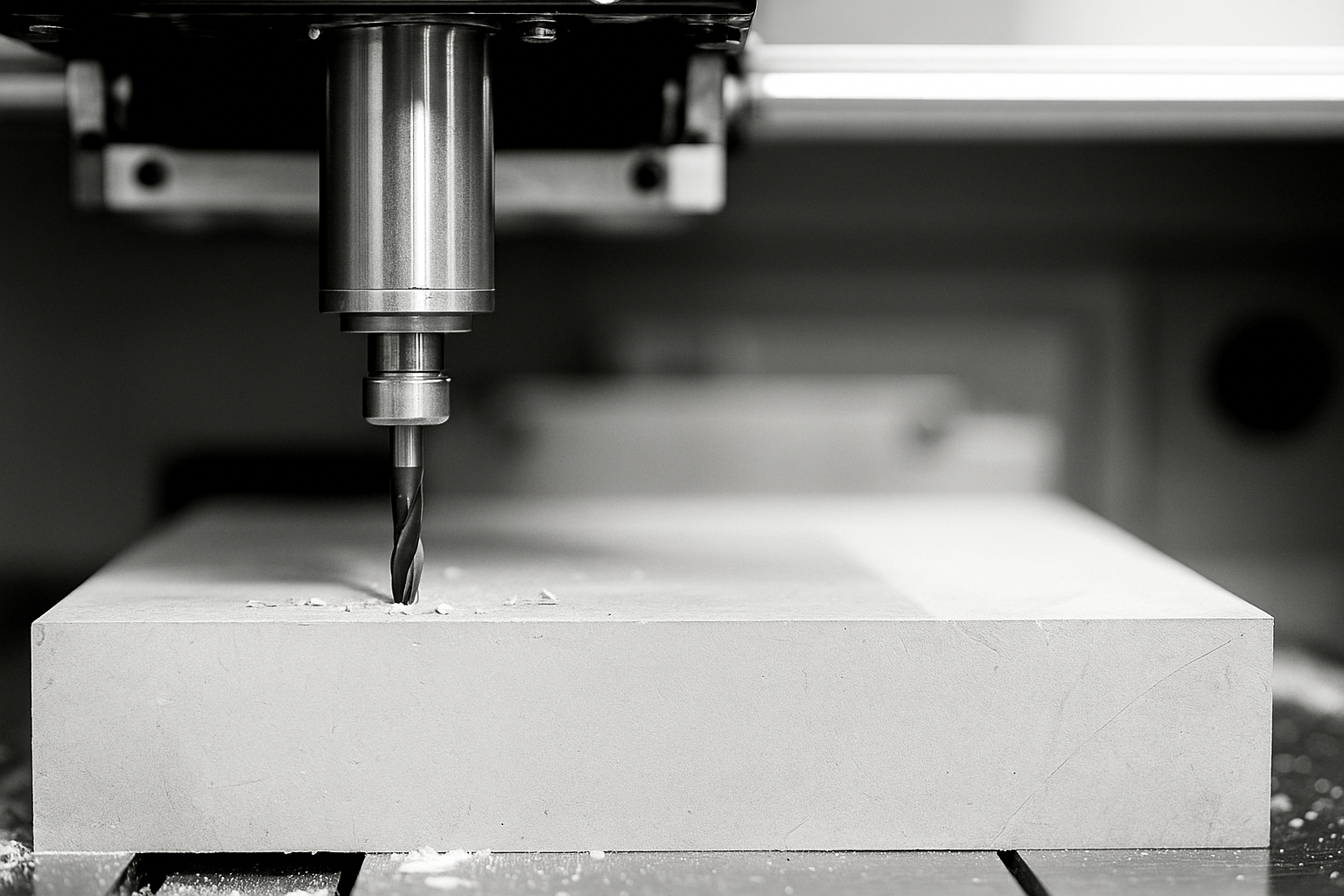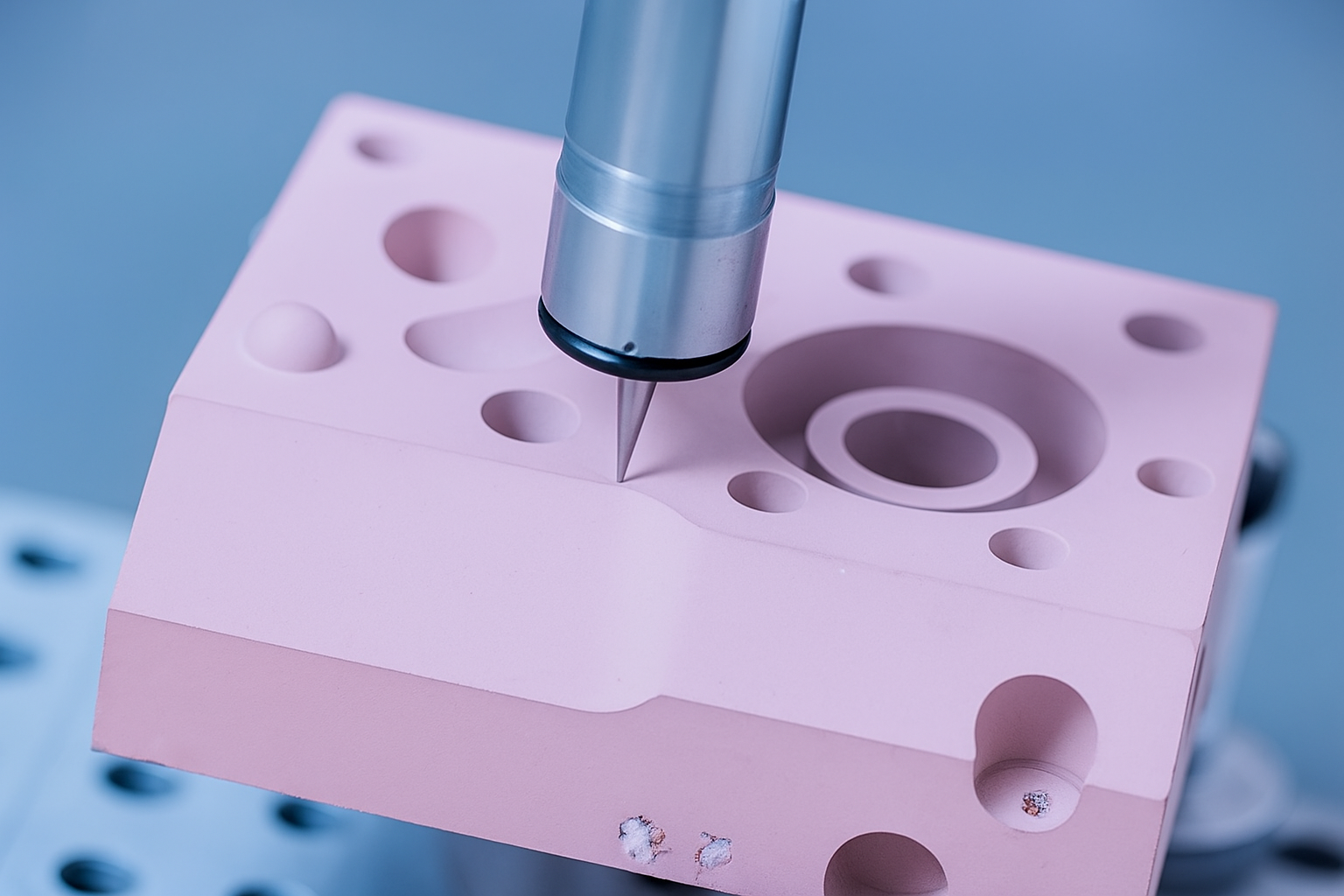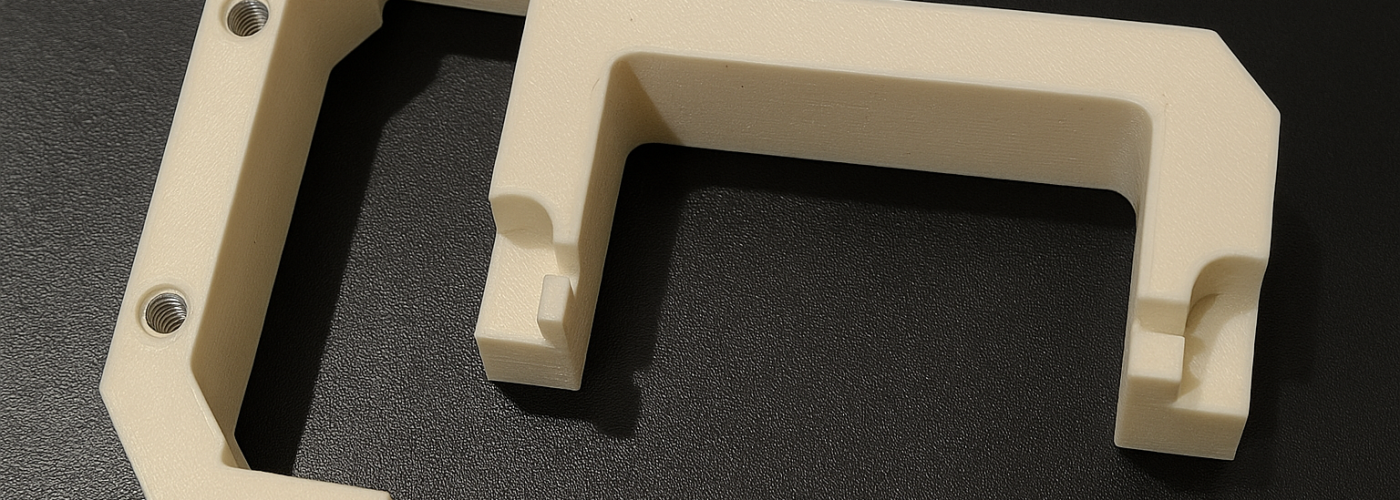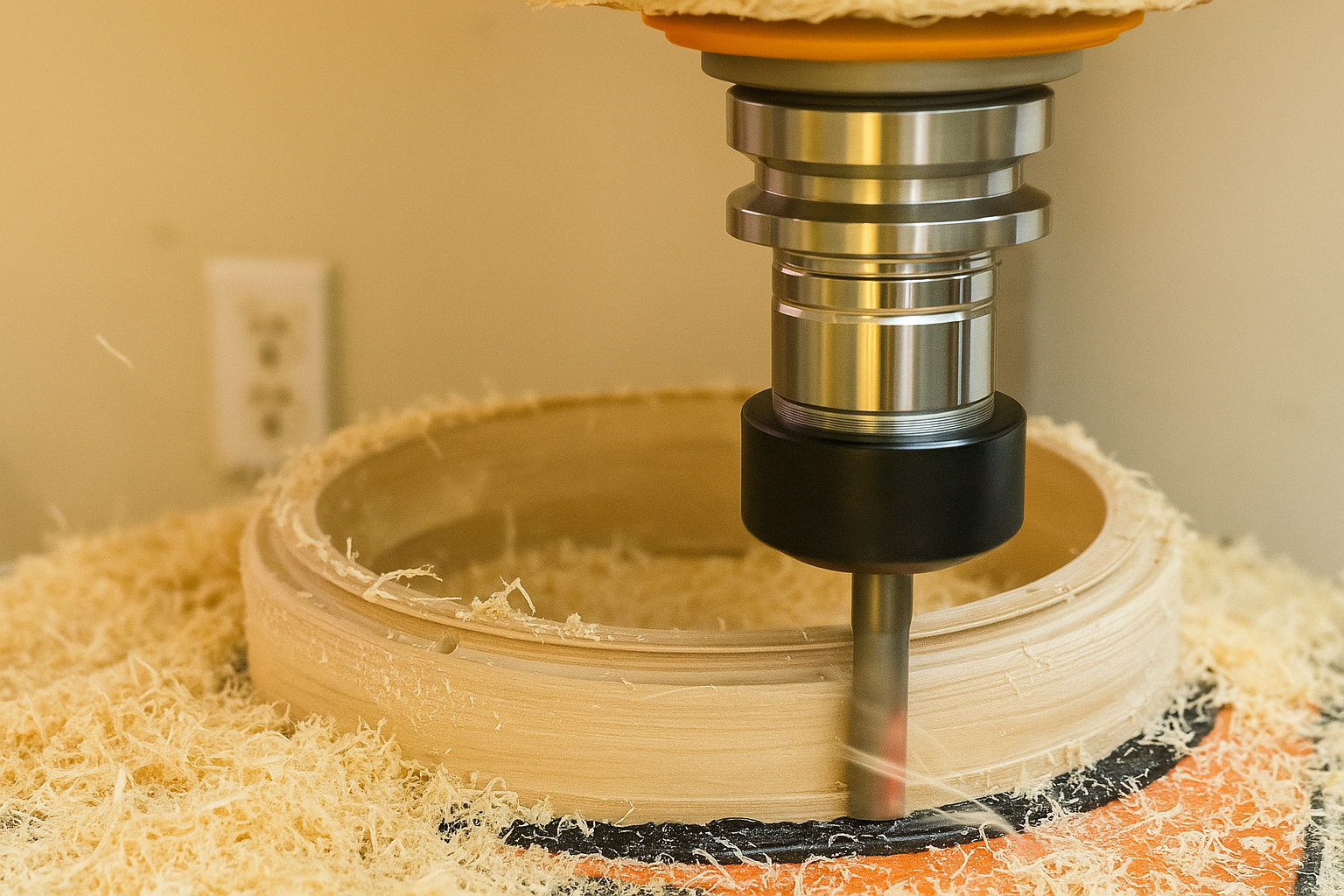PPS Materials for Machining
We can deal with all the materials.
PS Material Type | Explanation | Key Properties | Best Suited Applications |
Unfilled PPS | Pure PPS without fillers | High electrical insulation, good machinability | Insulators, seals, and general components |
30% Glass-Filled PPS | Reinforced with glass fibers | Improved stiffness, high heat, and dimensional stability | Automotive, pumps, mechanical housings |
40% Glass-Filled PPS | Higher glass loading | Even greater rigidity and dimensional accuracy | Valve parts, structural components |
Carbon-Filled PPS | Filled with carbon fibers | High strength, wear resistance, and conductive properties | Gears, bushings, electronics |
Lubricated PPS | PPS with internal lubricants (e.g., PTFE) | Low friction, enhanced wear properties | Sliding parts, bearings, and moving assemblies |
Mineral-Filled PPS | Enhanced with mineral reinforcements | Thermal stability, reduced cost | Electrical components, automotive |
PPS Film/Sheet/Rod | Stock shapes used for machining | Versatile, easy to shape | Prototypes, custom-machined parts |







